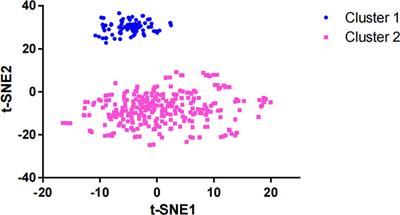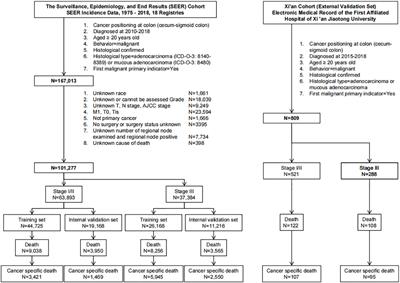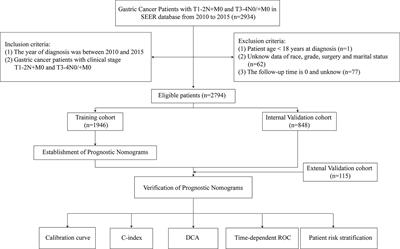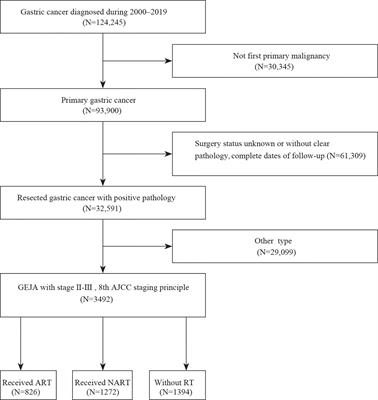EDITORIAL
Published on 31 Mar 2023
Editorial: Clinically prediction models for gastrointestinal cancer diagnosis and prognosis in the era of precision oncology
doi 10.3389/fonc.2023.1173367
- 710 views
4,976
Total downloads
14k
Total views and downloads
You will be redirected to our submission process.
EDITORIAL
Published on 31 Mar 2023
ORIGINAL RESEARCH
Published on 13 Jan 2023

ORIGINAL RESEARCH
Published on 21 Dec 2022

ORIGINAL RESEARCH
Published on 07 Dec 2022

ORIGINAL RESEARCH
Published on 26 Oct 2022

ORIGINAL RESEARCH
Published on 20 Oct 2022

ORIGINAL RESEARCH
Published on 26 Sep 2022

ORIGINAL RESEARCH
Published on 24 Aug 2022

